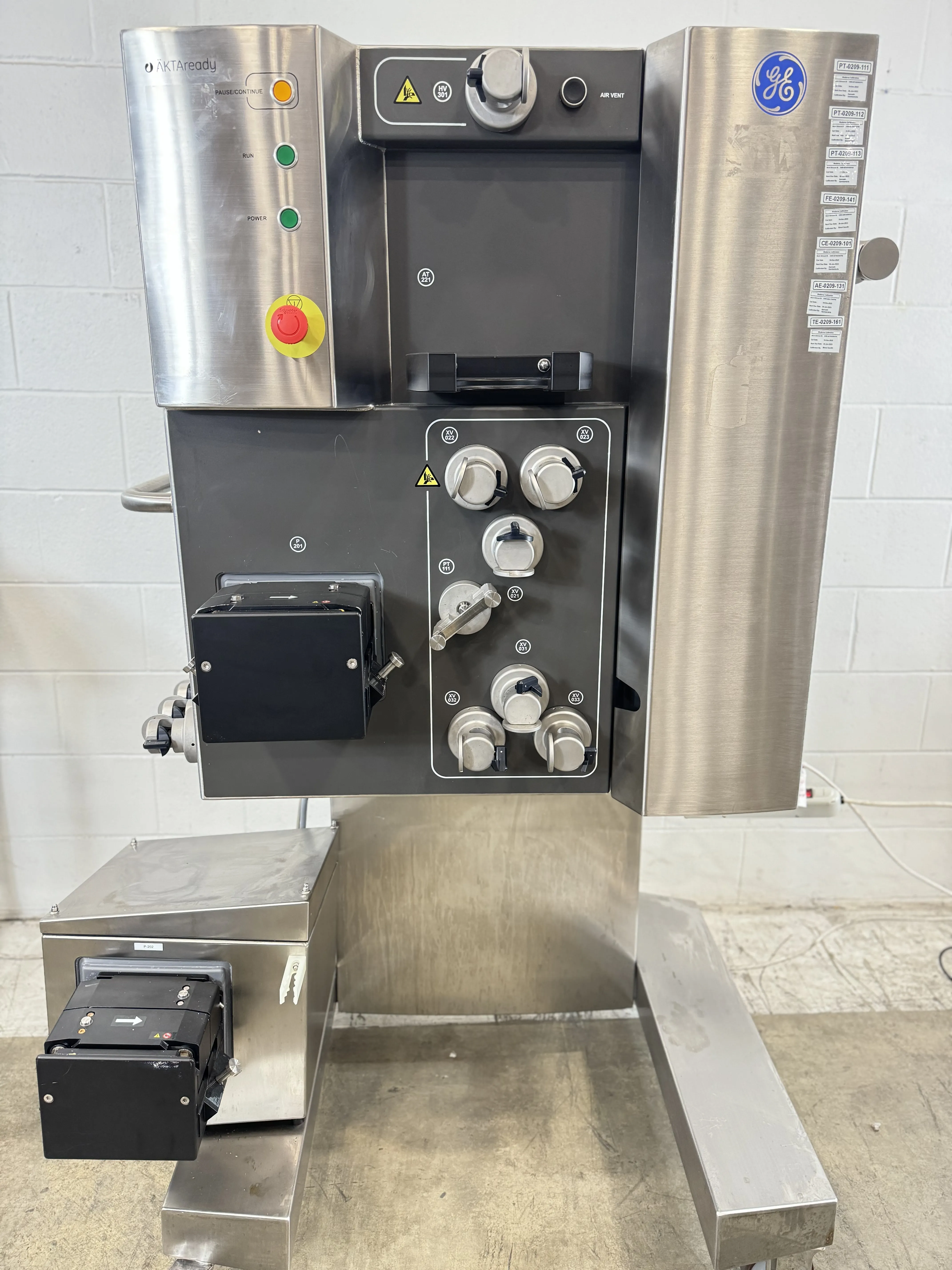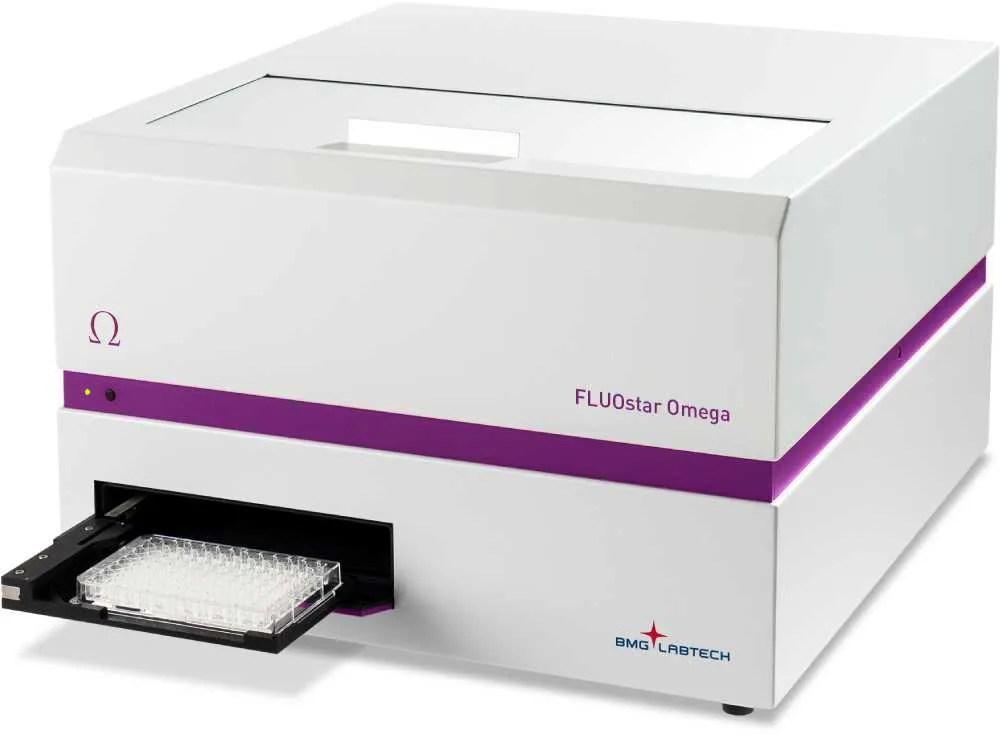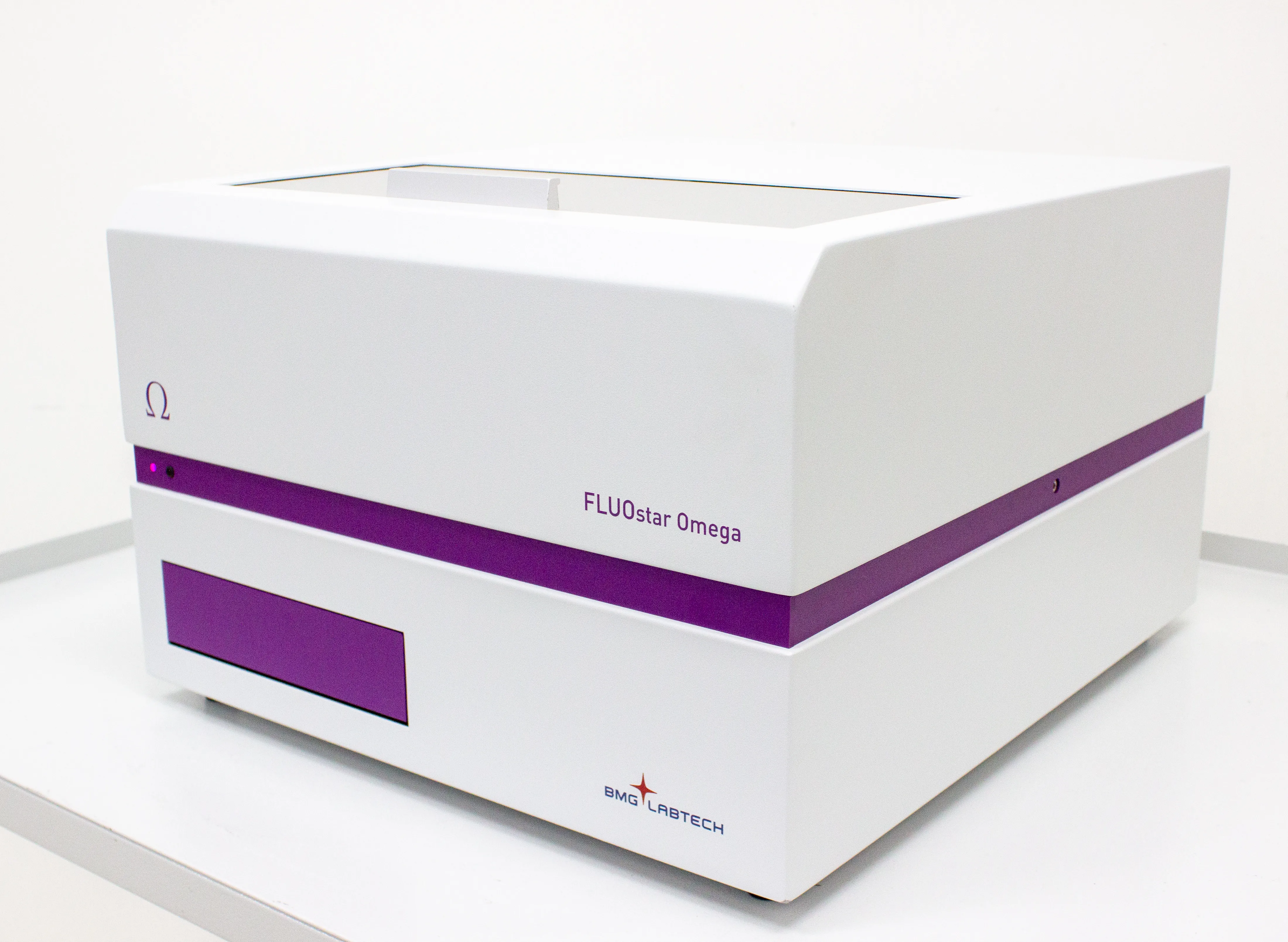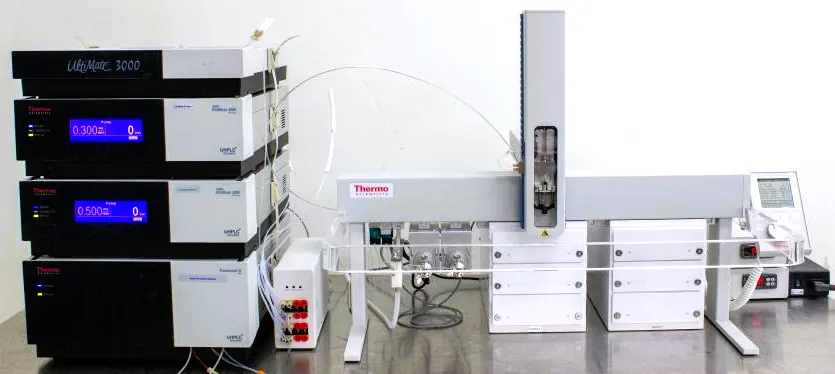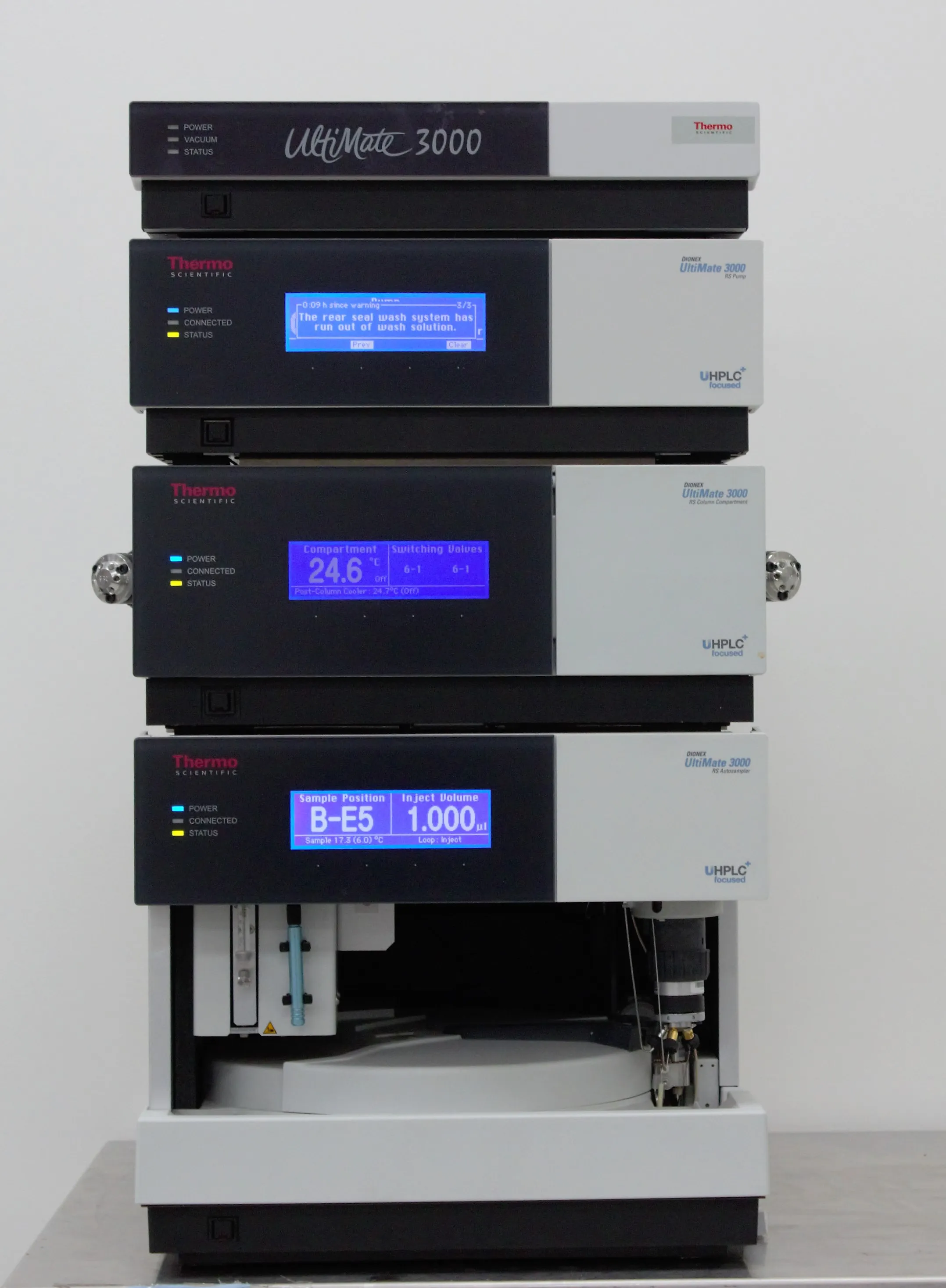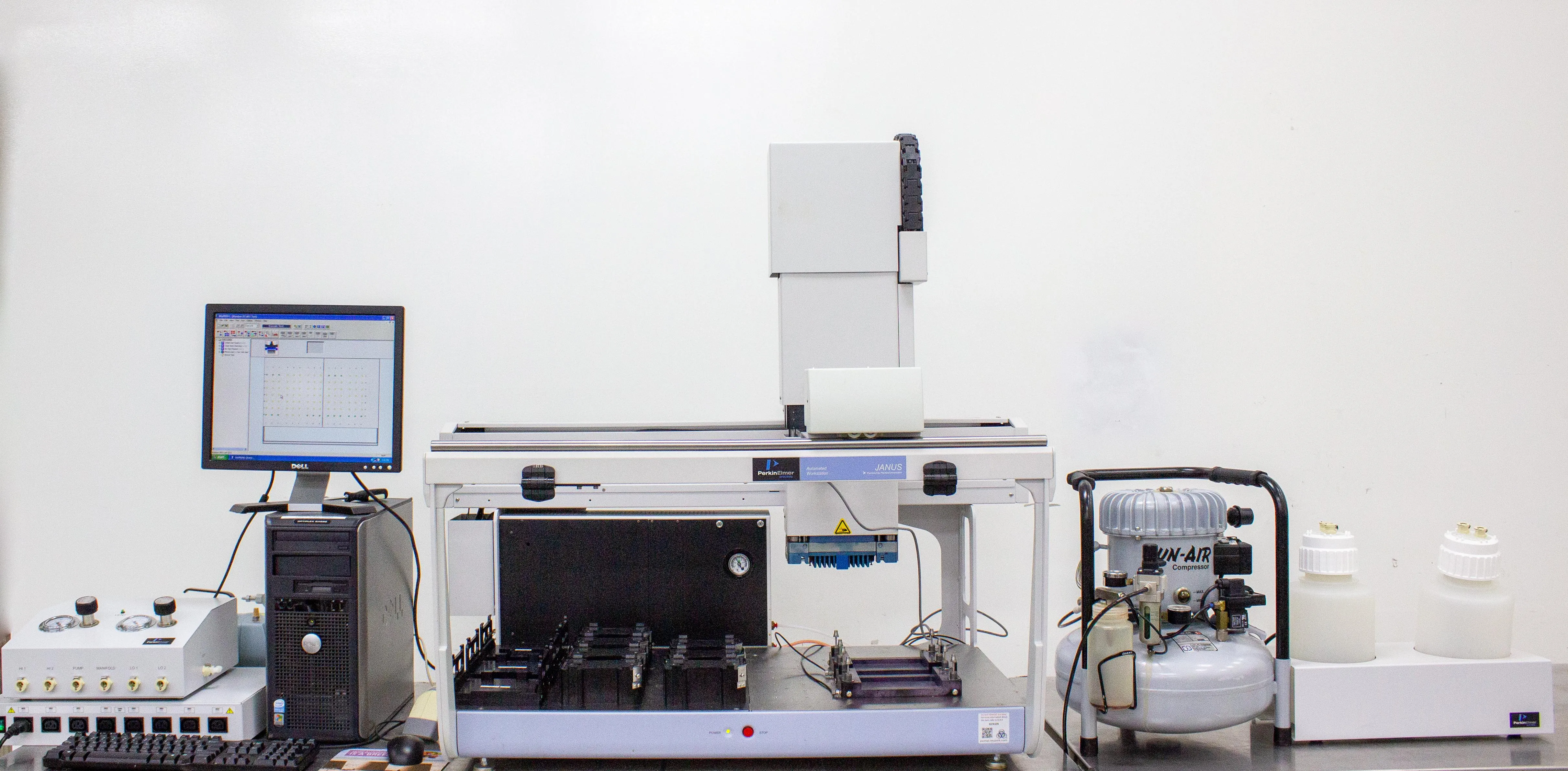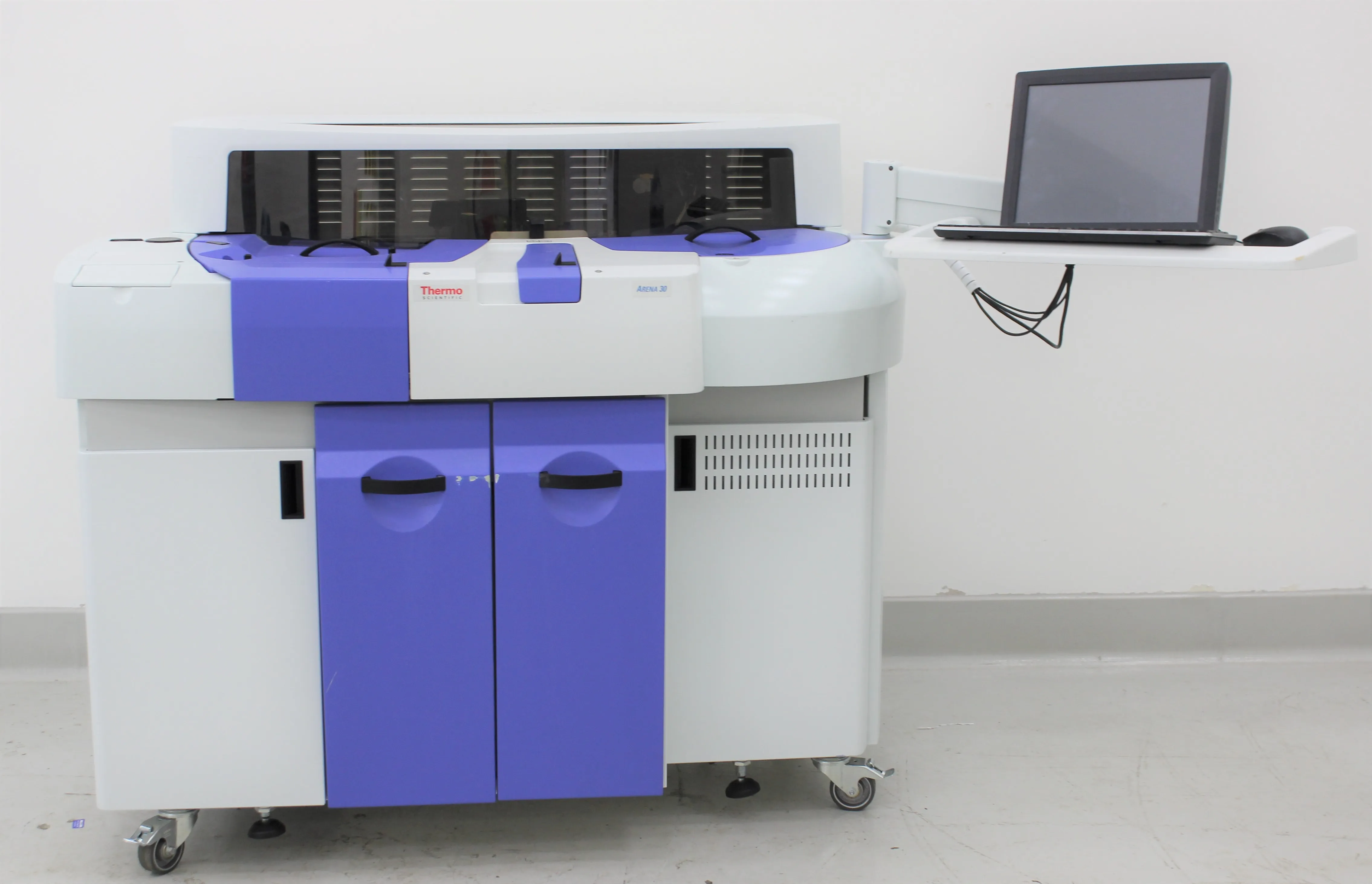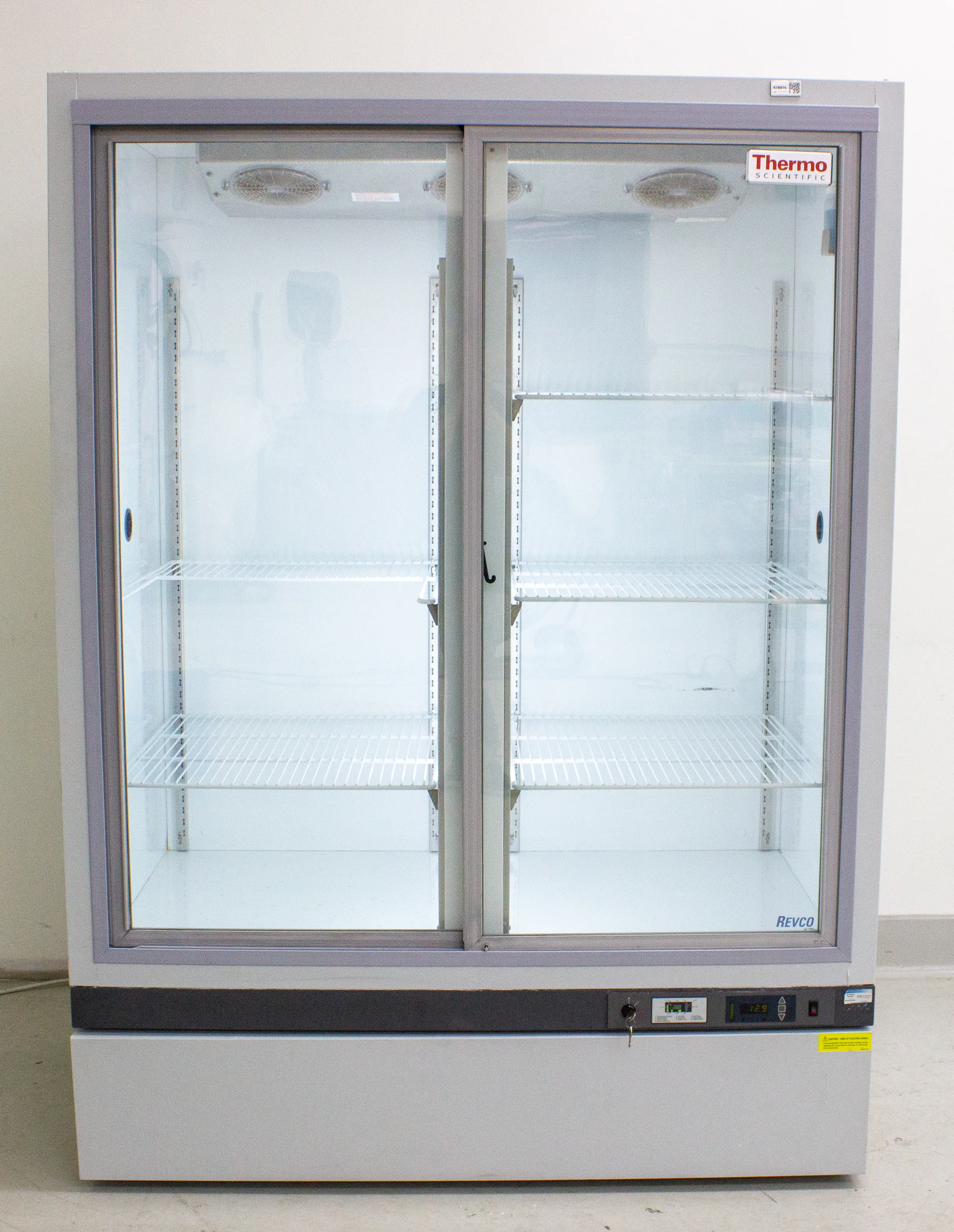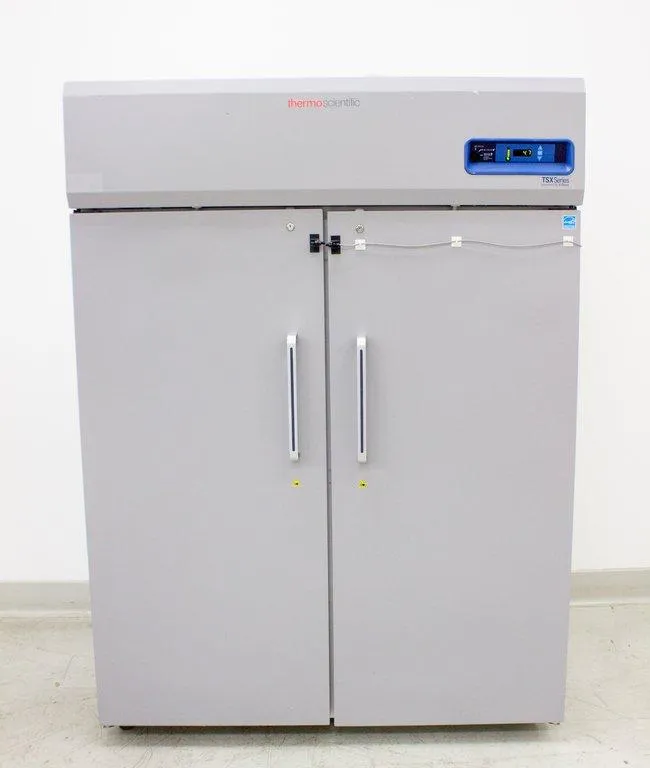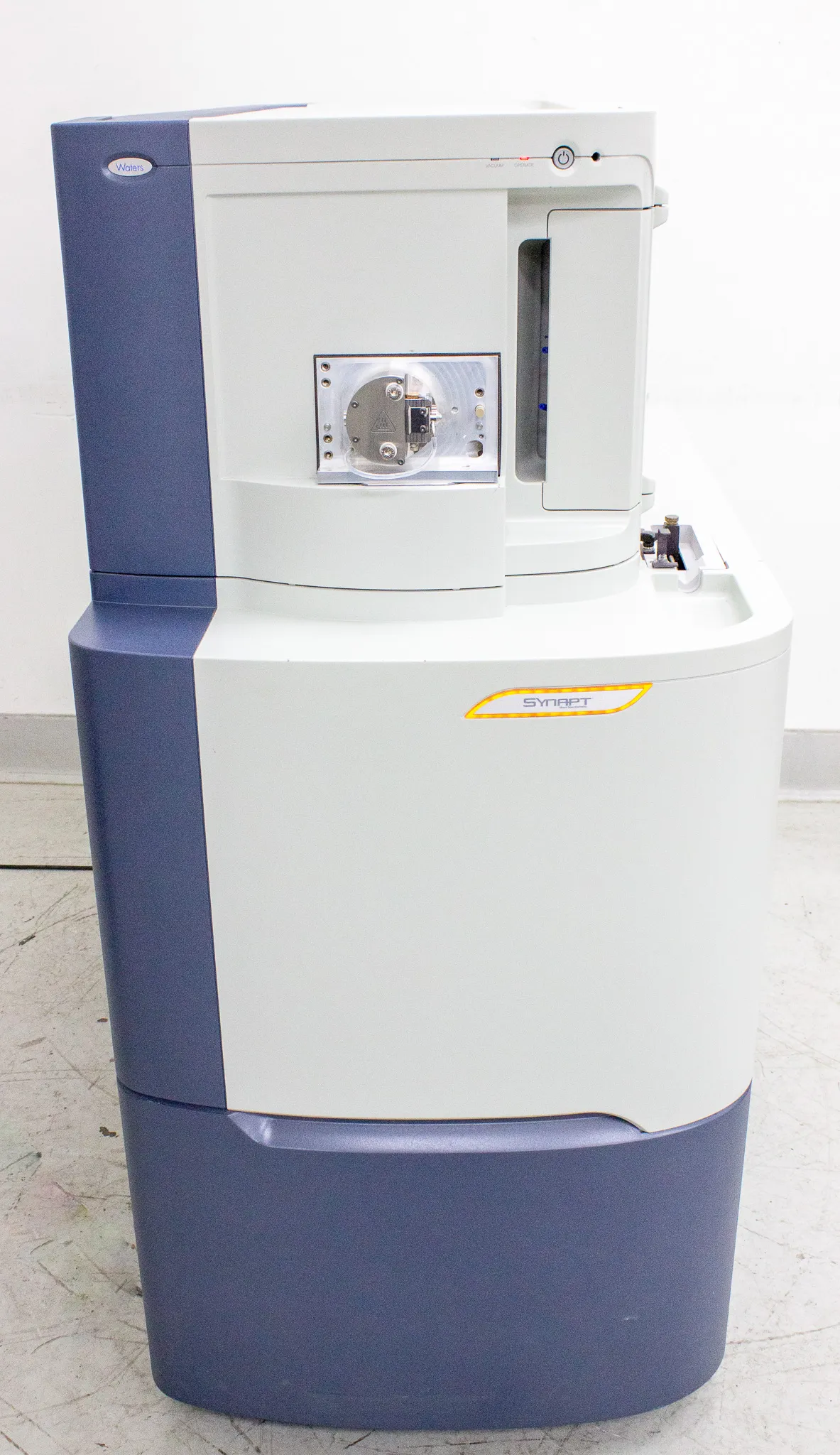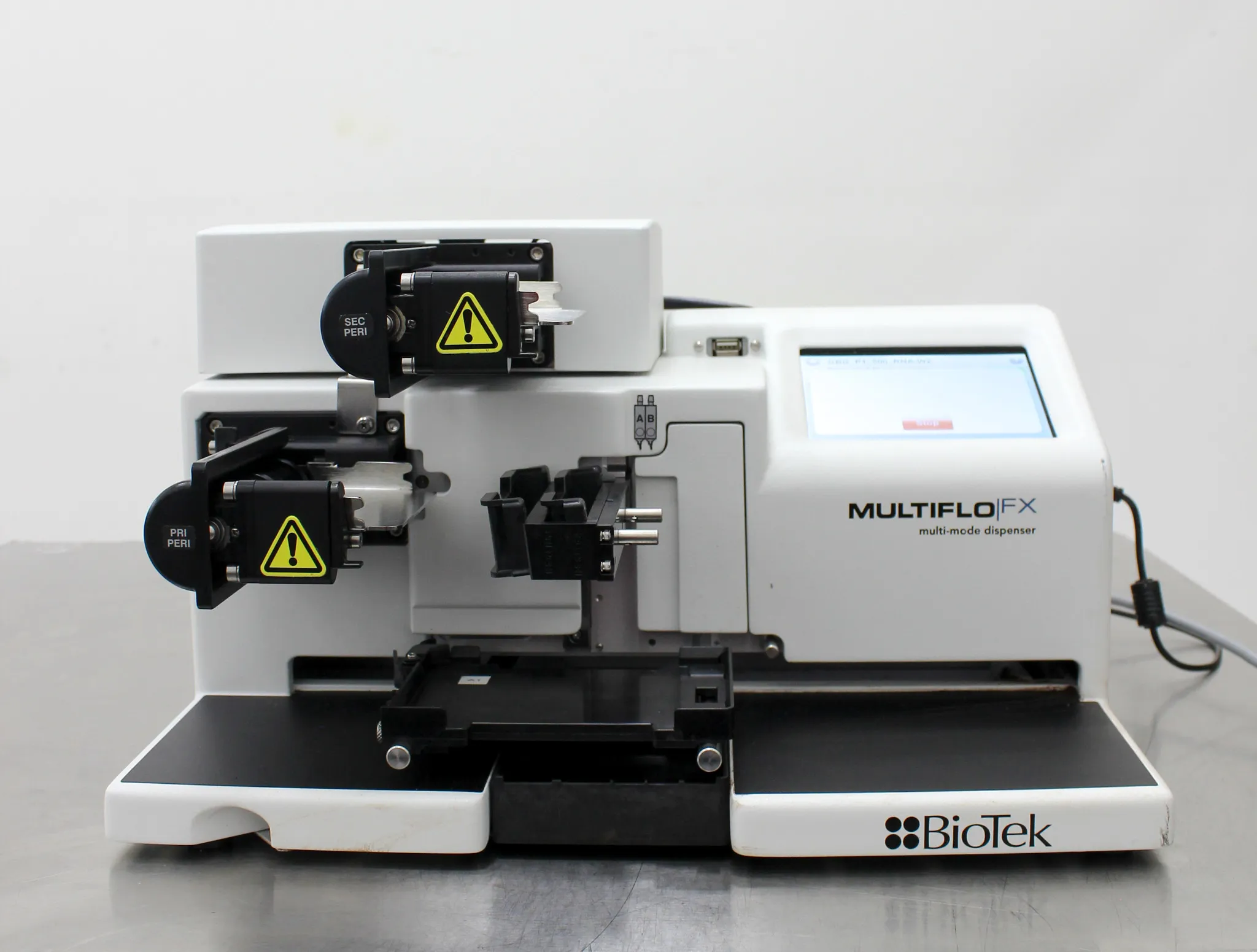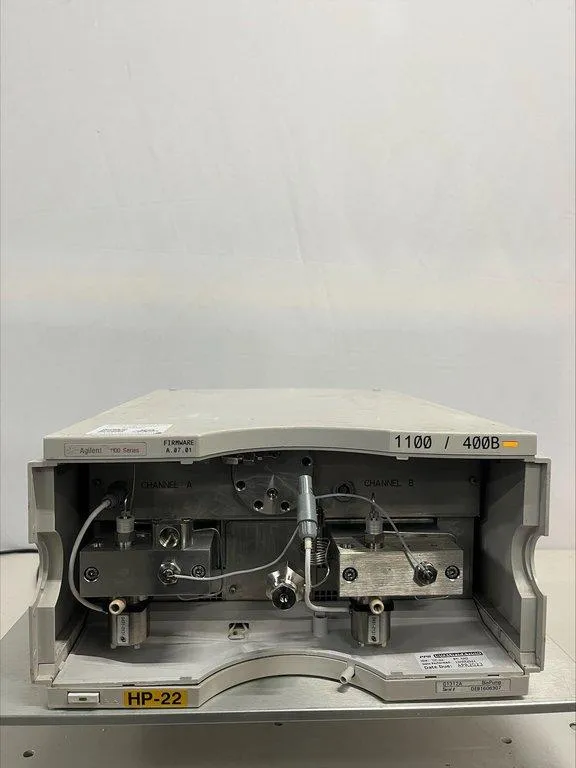Water treatment Instrumentation is essential for ensuring water quality and safety across various industries, including pharmaceuticals, food production, and environmental monitoring.
These instruments, such as pH meters, turbidity meters, and ion-selective electrodes, are designed to analyze, filter, and treat water, helping to meet regulatory standards and remove contaminants. Explore a wide range of new and used water treatment instrumentation from trusted manufacturers to support effective water management.
